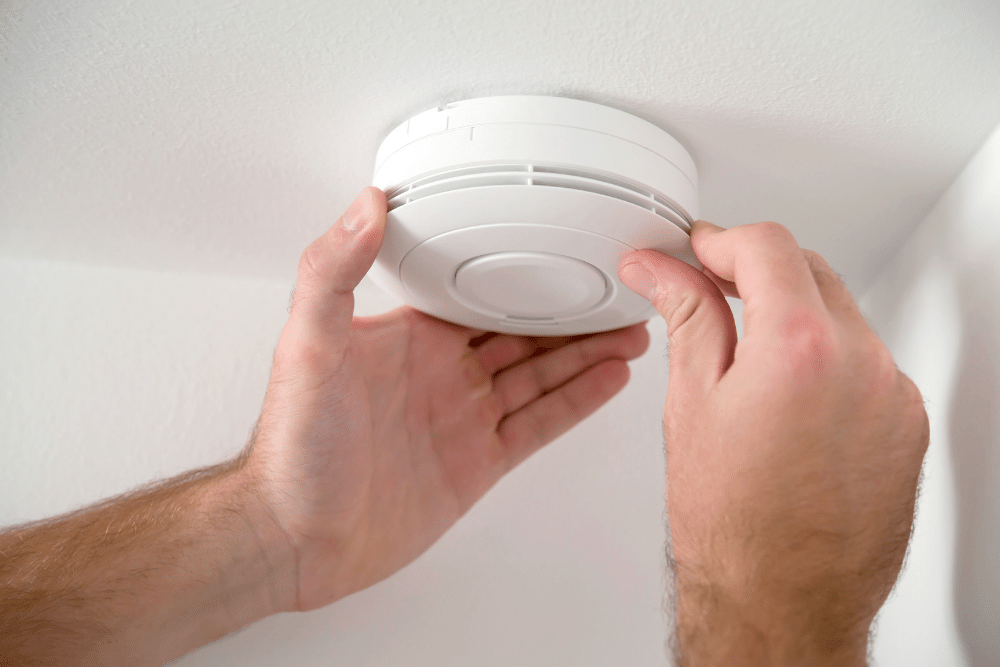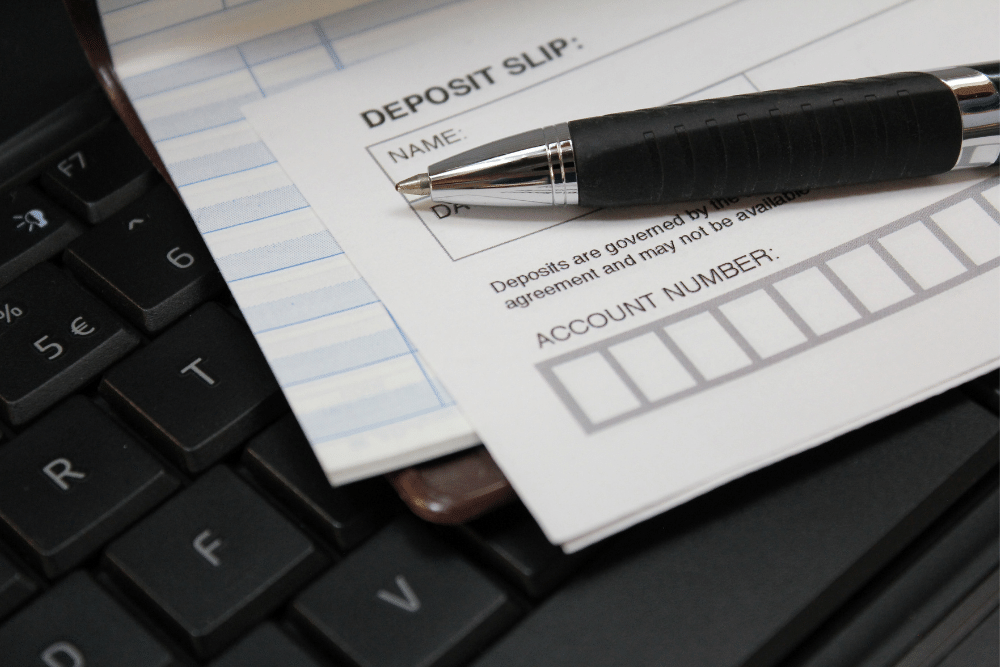The Legal Obligations of Your Landlord
So, you think you’ve found your perfect rental. The only thing left to do is gather up your stuff and move in, right? Not quite. As a tenant it is really important that you’re aware of your own responsibilities, but also, the legal obligations of your landlord. Oftentimes, things can slip under the radar if they are not checked and followed up by you. While we don’t expect you to read the Landlord and Tenant Act of 1985, unfortunately, you have to understand what it lays out so that you can ensure your landlord is abiding by the law, and of course, that your property is safe to live in. Lucky for you, Mashroom has a pretty good understanding of the topic and we’re happy to help you along the way. Have a read through our handy guide, and then you’re free to start shopping for your new home!
There are a load of things that your landlord needs to take care of before you move into the property. Here’s the downlow on what these things are:
Does the property have a gas safety certificate?
Also known as a CP12, it is vital that a gas safety engineer has come to property and ensured that all the gas-related appliances are working and at a safe standard. Gas-related appliances include things such as sockets, light fittings, kettles and cookers. SInce 1st July 2020 a landlord must also provide you with a valid EICR (the electrical installation condition report).
Does the property have an Electrical Performance Certificate (EPC)?
An EPC is required to have a standard of at least an E rating in order for it to meet legal rental requirements. This test is carried out to show you the property you’re looking to rent’s energy efficiency.
Has the property had a hazard health check?
Alongside the CP12 and EPC, landlords should also provide a certificate stating that the house has been thoroughly checked for any health hazards before you move in.
Does the property have smoke and carbon monoxide alarms?
All rental properties must be fitted with working smoke alarms on all floors and carbon monoxide alarms in rooms that use solid fuels.

Has the property had a Legionnaires’ water check?
Before you move into your rental property, the landlord needs to complete water checks. This is to make sure that Legionnaires disease bacteria cannot develop in the water which enters the house. It is important that this is tested by a professional, as this often goes unnoticed by landlords and tenants. Hot tubs, heaters and hot water tanks, large plumbing systems, cooling towers and decorative fountains all have the potential to breed this disease. Make sure your landlord gets the water checked!
Does the property’s furniture meet furnishing regulations?
If the property you want to move into is furnished or part-furnished, the furniture must meet furnishing regulations. This means the landlord must ensure that fire safety is met throughout the house and that items such as beds and sofas should have a fire safety label attached to them. You can check for this when you move in. If there is not a label, contact your landlord and request that they call the manufacturer directly to confirm the item is fire resistant.
You should try and organise a ‘check-in’ before you actually move into the property. This means that the landlord or agent can walk you through the home and you can ensure each of the aforementioned is complete.
Once these checks are completed to a satisfactory level, you’re free to move in. However, there are still certain things that your landlord is responsible for. Let’s check them out:
Has my landlord put your deposit in a protection scheme?
To secure your property you will have to pay a deposit. Due to the Tenants Fees Act of June 2019, landlords can charge a maximum of five week’s rent for this deposit and no more. Once you have paid, the landlord must put your tenant’s deposit into a government backed protection scheme. These include: Deposit Protection Service, MyDeposits and Tenancy Deposit Scheme. You must be made aware of which scheme the landlord has placed your deposit in for the duration of your tenancy. Once your tenancy comes to an end, a landlord must pay your deposit back to you within 10 days of agreeing how much you’ll get back.

Can my landlord increase my rent?
A landlord cannot increase your rent during your tenancy. If you decide to extend your tenancy, a landlord is able to change the rent but only in line with market conditions once every 12 months.
Do I need safety checks on the property throughout the tenancy?
The safety checks on your property don’t just stop when you move in. It is still the responsibility of the landlord to make sure you are living in a safe home. Maintenance may also have to be carried out for things such as a broken down boiler or washing machine, as well as any issues with the plumbing. If you notice any damp, structural or ventilation problems or drainage/ water issues you must contact your landlord as they are responsible for ensuring the property is a sound place to live. You have the right to contact your local council and request an inspection of the property if you believe these responsibilities are not being carried out.
Can my landlord enter my property?
The landlord can enter the property, but must give you 24 hours notice before doing so.
Can my landlord evict me?
A landlord cannot just simply evict you. Evidence must be given in court and a plethora of forms filled in. You must also be given two months notice before the eviction date.
Am I allowed pets in my rented property?
A landlord is allowed to ask you if you have pets, and can refuse to rent to you if you do. However, if this has been discussed, a landlord cannot evict you for having a pet, even if there is a ‘no-pet’ clause in the rental agreement.
That’s a lot to digest, we know, but it’s better to know your rights than to be taken for a ride. Remember, if you’re not sure of something, be it the EPC or where your deposit has gone, ask your landlord or letting agent. It’s better to be safe than sorry.